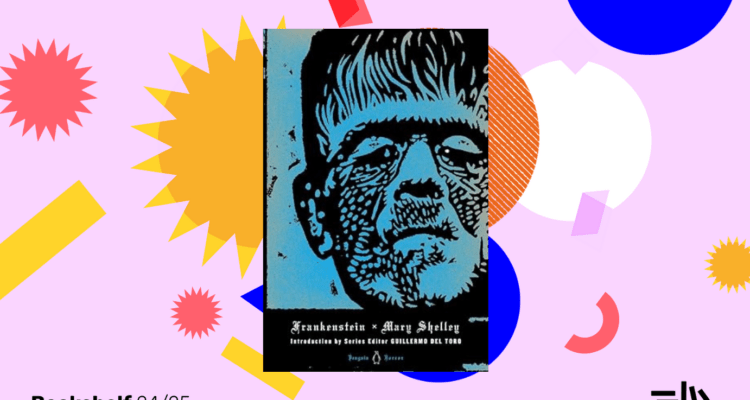Featured Poem: Childe Harold’s Pilgrimage, Lord Byron
"I awoke one morning and found myself famous", said Byron. That morning was 3rd March 1812, the morning that Cantos I and II of Childe Harold's Pilgrimage were first published. "There, for the present, the poem stops; its reception will determine whether the author may venture to conduct his readers to the capital of the East", Byron, ‘Preface to the First and Second Cantos'. The poem was lauded by critics and was immediately popular with the public. Byron, not known for his modesty, was firmly set on his path to become the eminent, successful poet he knew he was. From this morning in 1812, everyone else knew it too.
This epic poetical work, in which Byron claims there are some "very trivial particulars" (‘Preface to the First and Second Cantos') that relate to his own personage and experiences to that of the fictitious Childe Harold, is written after his own travels and encounters abroad and it is thought by some, despite Byron's repudiation, that this work elucidates Byron's personality more explicitly than any other work of his. For a man who worked so hard on cultivating his stylised, oxymoronic artful-carelessness, to the reader of his poetry, we cannot be sure of what his truth or what is manipulated. Introducing the ‘Byronic Hero', Childe Harold is typical of the mould: an outsider, argumentative, holding contradictory beliefs to the norm, never content, romantic but unfaithful, and always yearning for new sensations. An extension of Byron's own beliefs and ideas, perhaps?
Whatever the autobiographical or imaginative qualities of this poem, or our opinions of Byron's own image, Childe Harold's Pilgrimage is an impressive work describing the travels and reflections of a discontented young man, who seeks abroad what he cannot find at home. Disillusioned with his life of revelry and hedonism, Byron's poem is a reaction to the broader contemporary feelings of melancholy and cynicism felt by the post- French Revolution generation.
from Childe Harold's Pilgrimage, Canto I
VIII
Yet oft-times in his maddest mirthful mood
Strange pangs would flash along Childe Harold's brow,
As if the memory of some deadly feud
Or disappointed passion lurk'd below:
But this none knew, nor haply cared to know;
For his was not that open, artless soul
That feels relief by bidding sorrow flow,
Nor sough he friend to counsel or condole,
Whate'er this grief mote be, which he could not control.
IX
And none did love him: though to hall and bower
He gather'd revellers from far and near,
He knew them flatt'rers of the festal hour;
The heartless parasites of present cheer.
Yea! none did love him - not his lemans dear -
But pomp and power alone are woman's care,
And where these are light Eros finds a feere;
Maidens, like moths, are ever caught by glare,
And Mammon wins his way where Serpahs might despair.
X
Childe Harold had a mother - not forgot,
Though parting from that mother he did not shun;
A sister whom he loved, but saw her not
Before his weary pilgrimage begun:
If friends he had, he bade adieu to none.
Yet deem not thence his breast a breast of steel:
Ye, who have know what ‘tis to dote upon
A few dear objects, will in sadness feel
Such partings break the heart they fondly help to heal.
XI
His house, his home, his heritage, his lands,
The laughing dames in whom he did delight,
Whose large blue eyes, fair locks, and snowy hands,
Might sake the saintship of an anchorite,
And long had fed his youthful appetite;
His goblets brimm'd with every costly wine,
And all that mote to luxury invite,
Without a sigh he left, to cross the brine,
And traverse Paynim shores, and pass Earth's central line.
Lord Byron, 1812
Posted by Jen Tomkins
Share
Related Articles

March’s Stories and Poems
With spring on its way, the world around us is beginning to fill up with new wonders. This month, we…

Liverpool ONE unveils book corners in partnership with The Reader to help boost literacy across the city
Liverpool ONE has unveiled a collection of ‘reading corners’ in a bid to help boost literacy levels among local people.…

March’s Choice From The Reader Bookshelf
The Reader Bookshelf is a carefully curated collection of literature for adults and children, exploring a different theme each year, this year’s…


